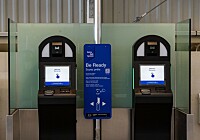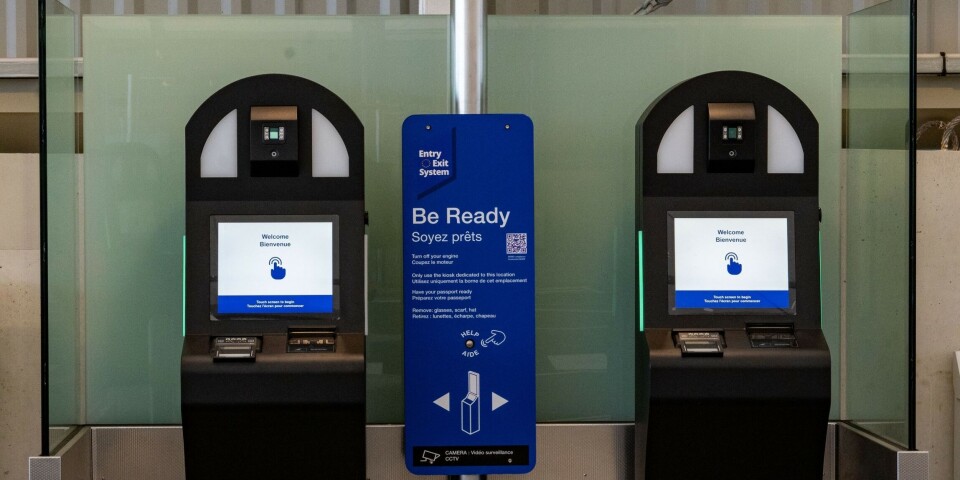Is it better for partners to have a joint bank account in France?
There are rules to consider about who owns the funds and what happens if the couple separates
A joint bank account can make it easier to manage joint purchases, such as property, but there are some rules to consider
Kotchapan VII/Shutterstock
Couples in France can choose to have a joint bank account or keep separate ones, or both. We look at the rules and which option could make more sense financially.
A joint account may bring some advantages, including:
Shared bank charges
Easier joint financial contribution and proof of income for a joint purchase such as property, building work, or household bills
Easier accounting and expenditure tracking for joint spending
However, some potential disadvantages include:
Salary and spending habit differences could cause conflict
Funds are considered to belong to both holders equally, so if they separate, one person can claim half of the assets, regardless of who put the money into the account originally
Both joint account holders must agree to the account’s closure, to close it for any reason
If one of the holders dies, the account becomes the sole account of the surviving spouse.
Read also: Five French alternatives to leaving money in current accounts
Read also: What are the tax-free bank accounts in France?
In addition to current accounts, it is also possible to open a joint savings account or a ‘livret d’épargne’ saving account (securities account) in joint names.
However, in France, regulated savings accounts can only be individual, in one person’s name.
These include the compte épargne logement, plan épargne logement, livret épargne populaire, livret développement durable, and the livret A.
Read also: Livret A savings: Why are they so popular? How do I open an account?
Read also: The tax-free French savings account open to all with 3% interest rate




























